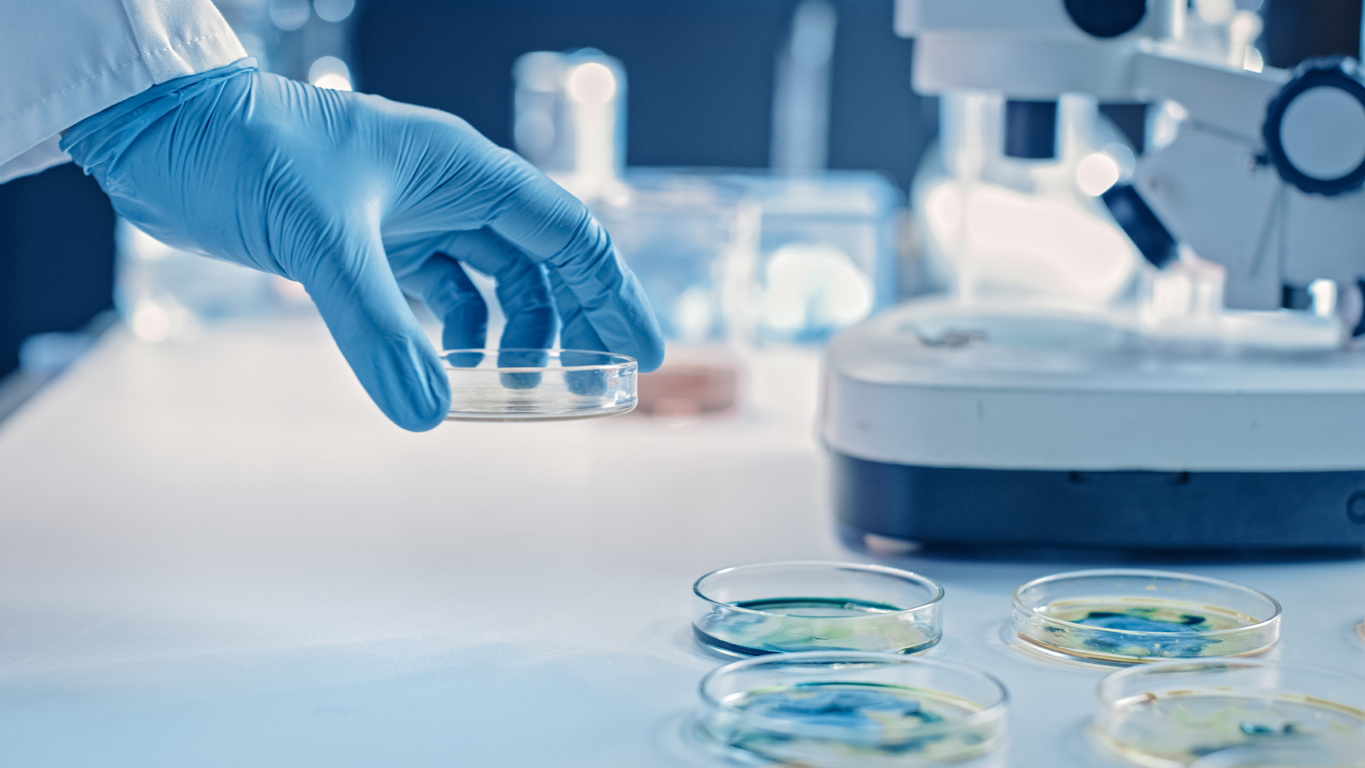
Simple Heat Treatment Boosts CRISPR Efficiency in Arabidopsis
August 11, 2021| |
Ehime University researchers reported a simple heat treatment that can increase CRISPR efficiency in Arabidopsis. Their findings are published in the Plant and Cell Physiology journal.
In editing the genome of Arabidopsis, the SpCas9 and guide RNA genes are commonly introduced into the genome by the floral dip method. One of the advantages of this method is that genome-edited plants can be isolated effortlessly. However, mutation efficiency in Arabidopsis using SpCas9 is not as high as that achieved in rice and tobacco, which are subjected to a tissue culture step.
The researchers compared four promoters and found that the parsley UBIQITIN promoter is significantly active in Arabidopsis meristem tissue. They also explored if a simple heat treatment could improve mutation efficiency in Arabidopsis. Results showed that just one heat treatment at 37 °C for 24 hours increased the mutation efficiency at all four target sites from 3% to 42%, 43% to 62%, 54% to 75%, and 89 to 91%, respectively, without detectable off-target mutations.
Based on the results, the researchers recommend heat treatment of plate-grown plants at 37 °C for 24 hours to increase the efficiency of CRISPR-Cas9-mediated mutagenesis in Arabidopsis.
Read the accepted manuscript in the Plant and Cell Physiology journal.
| |
You might also like:
- Pocket K No. 54: Plant Breeding Innovation: CRISPR-Cas9
- MitoTALENs Used to Delete Mitochondrial Genes in Arabidopsis
- CRISPR-Cas9 Mediates Targeted Gene Replacement and Knockin in Arabidopsis
Biotech Updates is a weekly newsletter of ISAAA, a not-for-profit organization. It is distributed for free to over 22,000 subscribers worldwide to inform them about the key developments in biosciences, especially in biotechnology. Your support will help us in our mission to feed the world with knowledge. You can help by donating as little as $10.
-
See more articles:
-
News from Around the World
- IPCC Report: Climate Change Widespread, Rapid, and Intensifying
- Plant Biotech Needs Better Politics to Counter Critics, Encourage Innovation, Build Trust
- Study: GM Plant with Fish Genes to Monitor Harmful Chemicals in Rivers
- HudsonAlpha Develops Computational Tool to Improve Plant Breeding
- Genome Reveals Corn's Secret History
- Asian Countries Shape Up for COPMOP 10
- Research Finds that Plants Grow More to Deal with Heat
-
Plant
- Simple Heat Treatment Boosts CRISPR Efficiency in Arabidopsis
- Researchers Develop Guide RNA Design for CRISPR Applications in Cereals
- Filipino Policymakers, Lawyers Tackle Genome Editing
-
Health
- NIAID Warns about a More Dangerous COVID-19 Variant
- MIT and Harvard University Engineers Design Tabletop Device that Detects SARS-CoV-2 from Saliva in One Hour
-
Read the latest: - Biotech Updates (February 4, 2026)
- Gene Editing Supplement (January 28, 2026)
- Gene Drive Supplement (February 22, 2023)
-
Subscribe to BU: - Share
- Tweet

